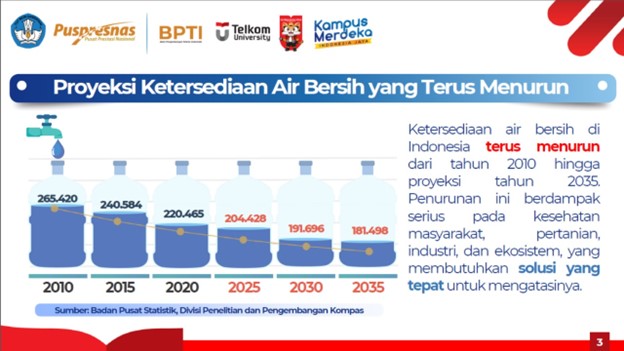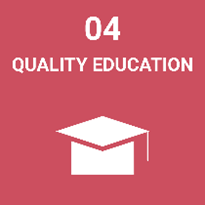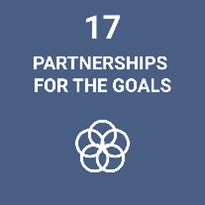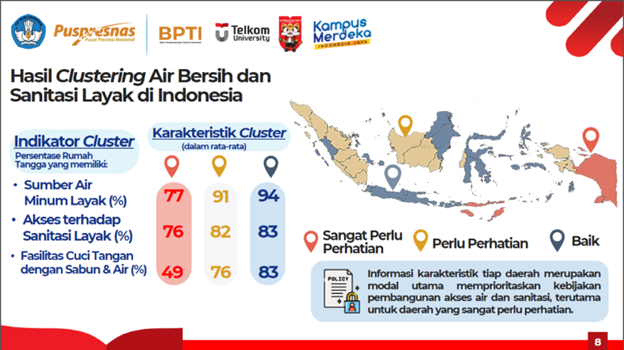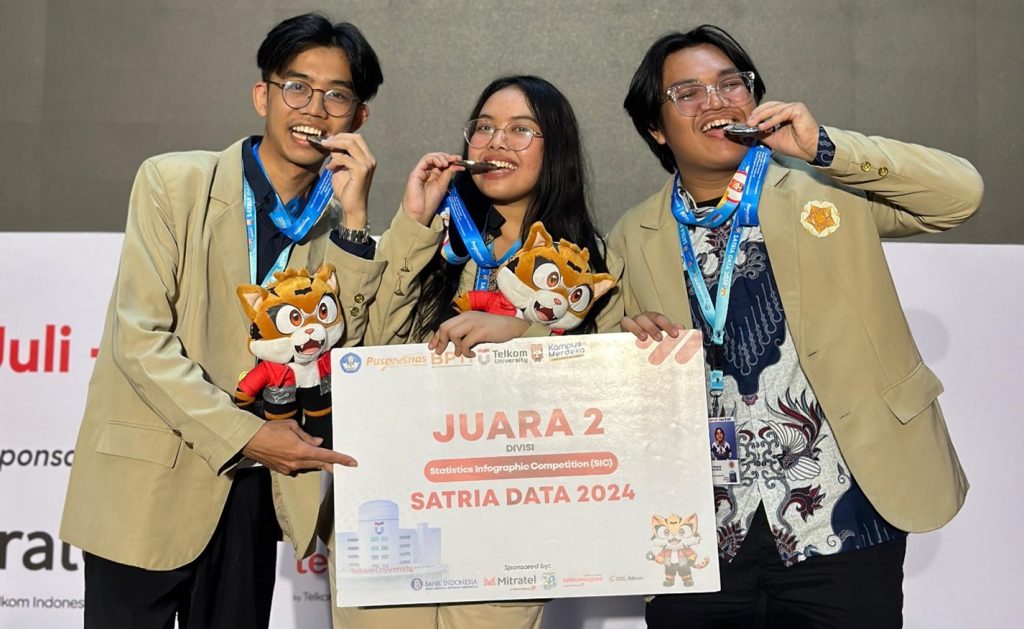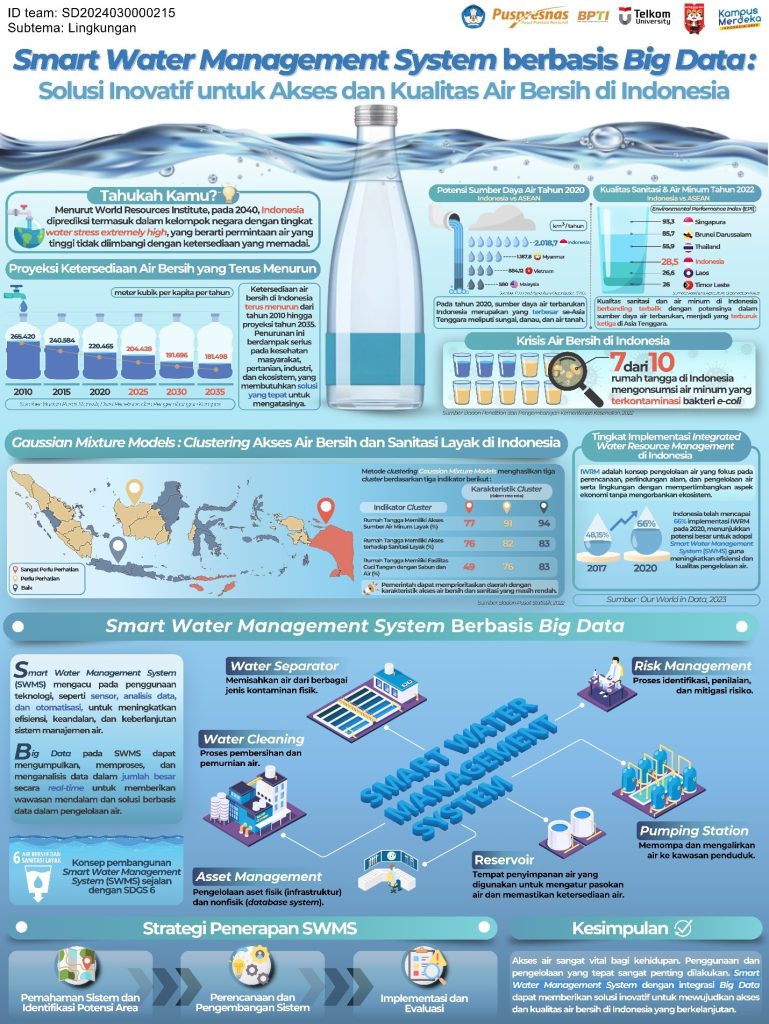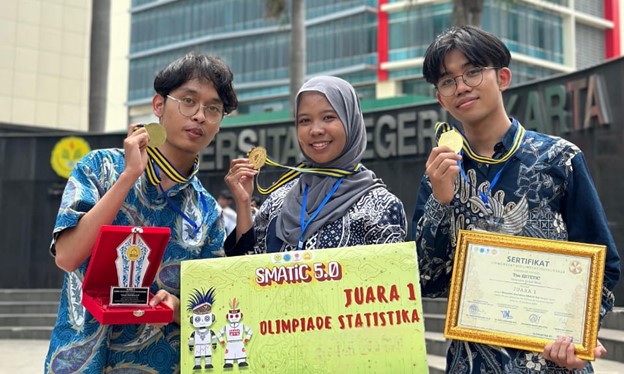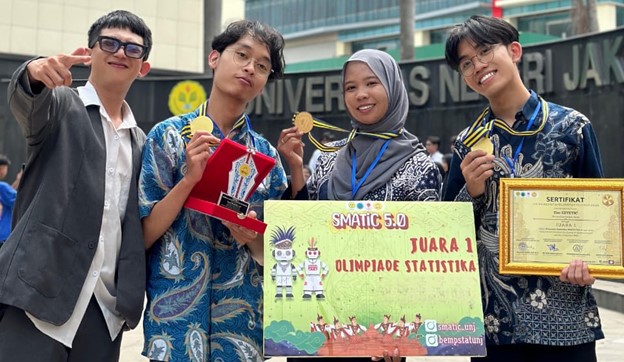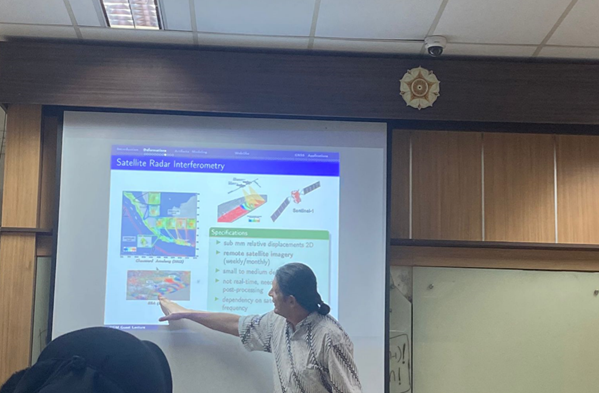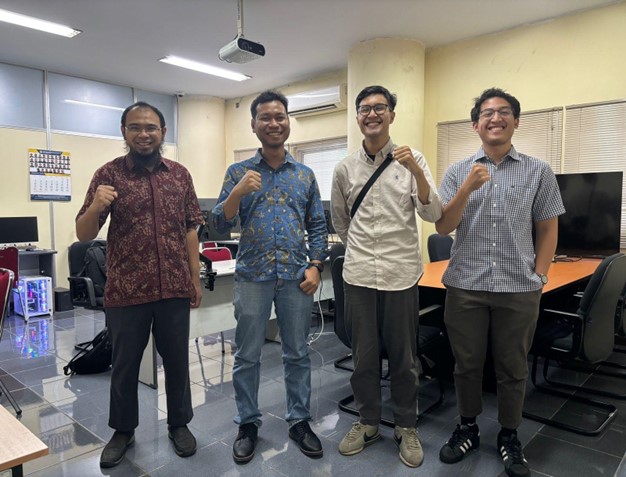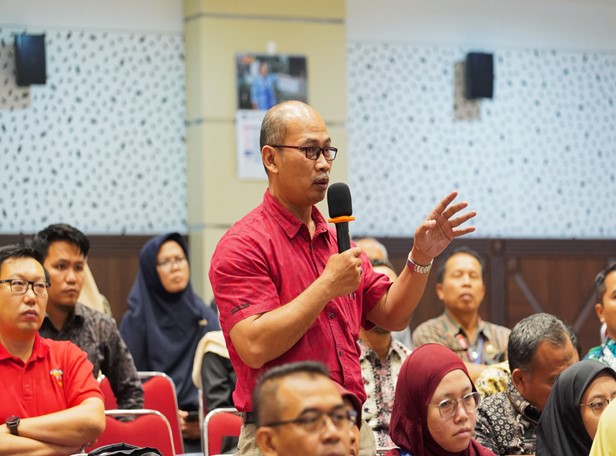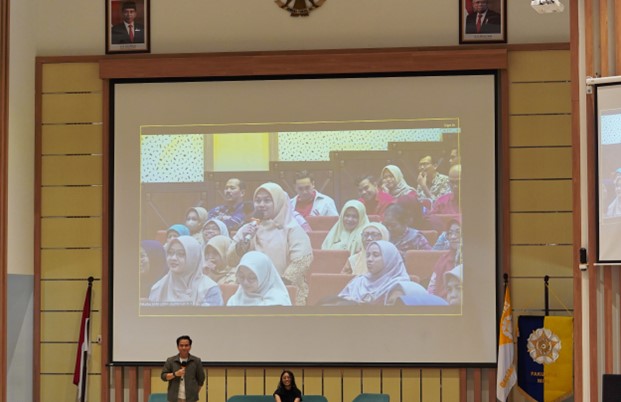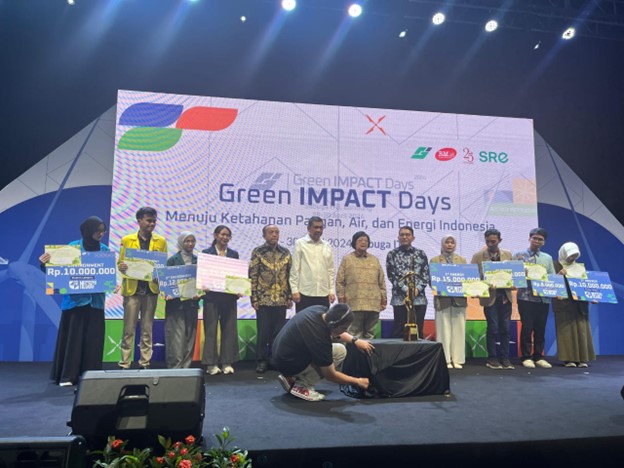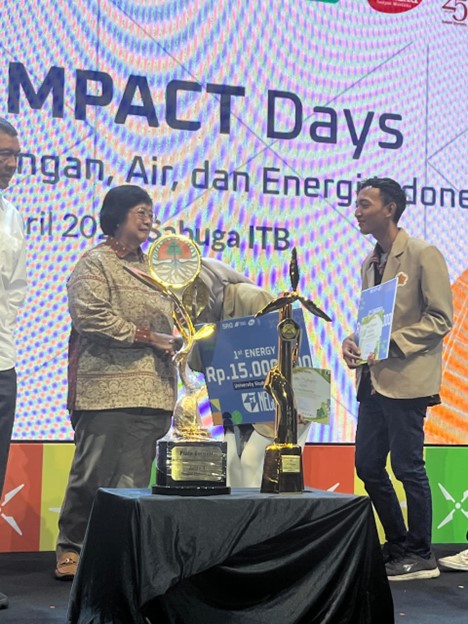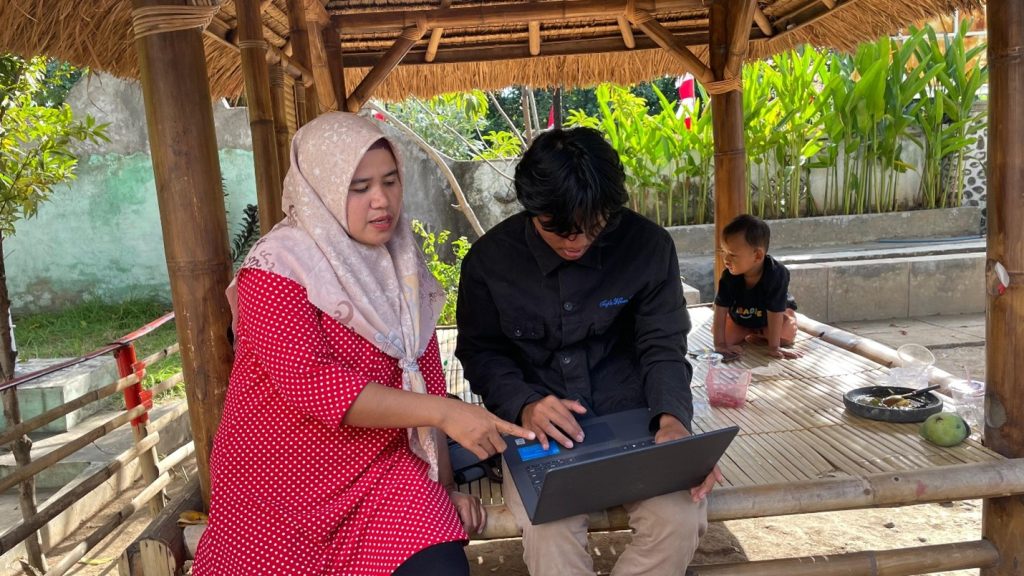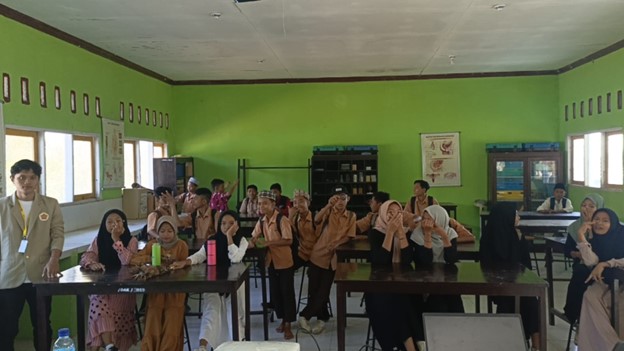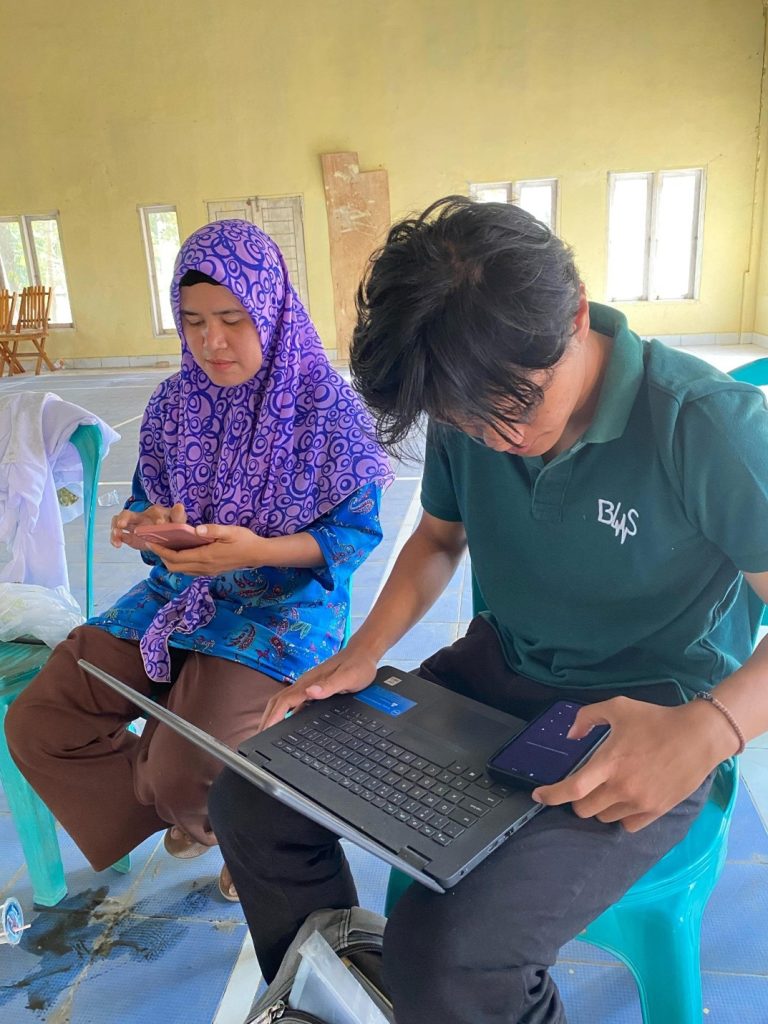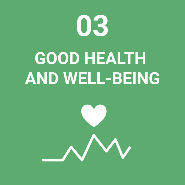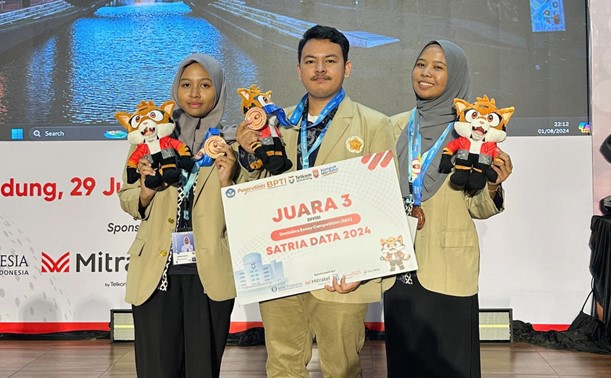
Esai Mahasiswa FMIPA UGM Sabet Juara 3 di Ajang Satria Data
Mahasiswa FMIPA UGM dari program studi Statistika menyabet Juara 3 Infografis dalam ajang Kompetisi Infografis Statistika Statistika Ria dan Festival Sains Data (SATRIA DATA) yang diselenggarakan oleh Kementerian Pendidikan, Kebudayaan, Riset, dan Teknologi. Kompetisi tersebut merupakan ajang kompetisi bergengsi dalam mengukur kemampuan mahasiswa dalam bidang Statistika, Sains Data, serta penerapannya. Dalam momen tersebut, Juara 3 Kompetisi Esai Statistika diraih oleh Gian Luky Saputra (Statistika 2021), Saprina Saputri (Statistika 2021), dan Rahma Nur Annisa (Statistika 2022).
“Bangga dengan semua tim yang sudah berhasil lolos sampai babak final. Kalian semua sudah juara! Saya berharap kalian semua belajar banyak dari semua proses kalian sampai hari ini,” papar Fabima, salah satu mahasiswa pemenang kompetisi tersebut.
Dirinya juga menambahkan bahwa kegiatan ini diharapkan juga mampu menjadi trigger atau pemantik bagi terjalinnya jejaring kerja sama antara perguruan tinggi dan industri terapannya.
Prestasi yang diraih oleh mahasiswa FMIPA di bidang statistika tersebut menjadi cerminan dari SDGs nomor 4 yaitu Pendidikan Berkualitas melalui keterampilan hardskill dan softskill di keilmuan statistika, nomor 9 yaitu Industri, Inovasi, dan Infrastruktur melalui inovasi di bidang data dan teknologi, dan nomor 17 yaitu Kemitraan untuk Mencapai tujuan dalam kerja sama di bidang aplikasi ilmu data dan statistika.
Penulis: Febriska Noor Fitriana
Foto: Fabima Fadhlin Minallah Zidta
